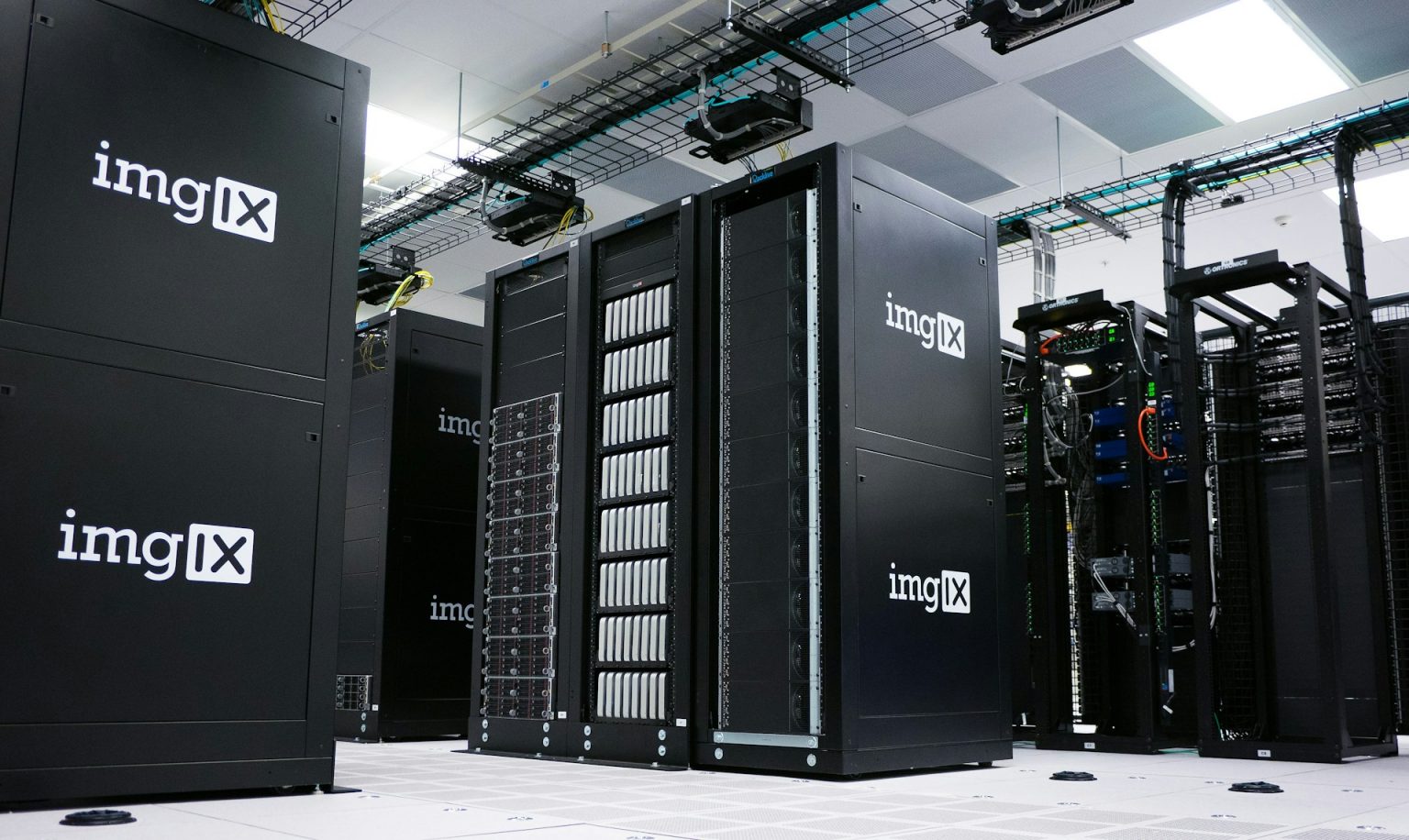The world of manufacturing is undergoing a major transformation, thanks to the power of artificial intelligence (AI). AI is helping factories and companies increase their production efficiency, reduce costs, and improve product quality. This blog explores how AI is revolutionizing the manufacturing sector.
What is Artificial Intelligence?
Artificial Intelligence, or AI, refers to the capability of a machine to imitate intelligent human behavior. In manufacturing, AI can analyze data, make decisions, and even predict outcomes which helps in better manufacturing processes.
Improving Production with AI
One of the biggest benefits of AI in manufacturing is its ability to streamline production processes. AI systems can quickly analyze vast amounts of data from production lines to identify patterns and predict potential problems before they occur. This proactive approach can significantly reduce downtime and increase production efficiency.
Example: Tesla’s Use of AI
Tesla, one of the leading electric vehicle manufacturers, uses AI to automate their production lines. AI robots and machine learning algorithms are used to assemble cars, manage supplies, and even inspect the final products. This not only speeds up the manufacturing process but also ensures high quality in every unit produced.
Reducing Costs with AI
AI helps in cutting down manufacturing costs dramatically. By optimizing the supply chain and reducing waste, AI systems can make production much more economical.
Example: General Electric’s Smart Manufacturing
General Electric has implemented AI in their manufacturing processes to monitor equipment and predict failures before they happen. This use of AI in preventive maintenance saves millions in repair costs and lost productivity.
Enhancing Quality Assurance
Quality assurance is another area where AI is making a big impact. AI-powered visual inspection systems can detect defects that are invisible to the human eye. This ensures that only products meeting the highest standards reach the market.
Example: Samsung’s AI Cameras
Samsung employs advanced AI cameras that scan and analyze products at a microscopic level to ensure perfect quality. This technology reduces human error and improves product reliability.
Challenges and Future Prospects
Despite its many benefits, integrating AI into manufacturing also presents challenges. These include the high cost of setting up AI systems and the need for skilled workers who can operate these systems.
However, the future of AI in manufacturing looks promising. As technology advances, AI systems are becoming more affordable and accessible. This means that more and more factories around the world will be able to use AI to improve their efficiency and productivity.
Conclusion
Artificial Intelligence is transforming the manufacturing industry by making processes quicker, reducing costs, and ensuring superior product quality. Companies like Tesla, General Electric, and Samsung are leading the way in adopting AI technologies to revolutionize the way products are made. With continuous advancements in AI, the future of manufacturing looks brighter and more efficient than ever.

